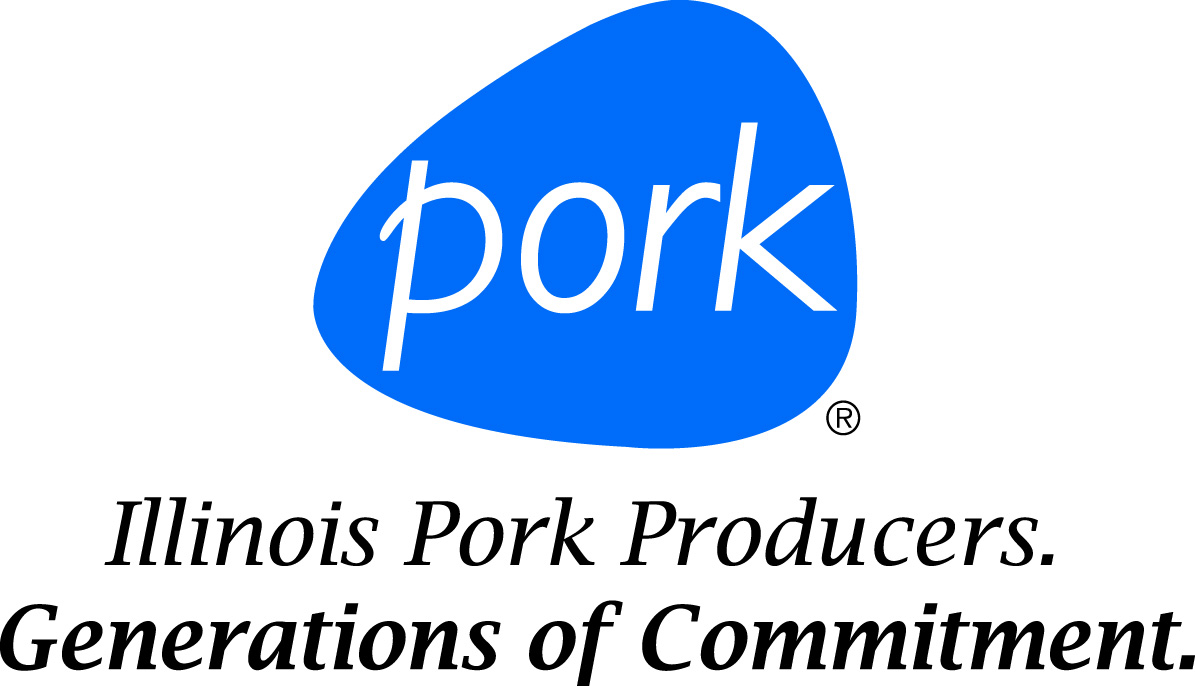The Effect of Agricultural Practices on Food Quality and Human HealthThis webinar was presented on November 11, 2020 The ways we grow our crops and raise our livestock (organic, sustainable, conventional, free-range, grass-fed, grain-fed etc.) have important implications for human nutrition and environmental health. There is much controversy, confusion, fact and fiction surrounding this topic. We will look at the research to better understand what is known and not known about the effects of agricultural practices on food quality and human health.
Debra Pearson, PhD, RDN Debra Pearson received her doctorate degree in Nutritional Sciences from the University of California, Davis. Dr. Pearson has conducted research on phytochemicals and heart disease, vitamin D and the nutrient profiles of grass-grazed dairy products and is the author of several scientific publications. Dr. Pearson has lectured to health professionals and the lay public on a variety of nutrition-related topics, including the effect of agricultural practices on the nutrient content of foods, nutrition and women’s health, cardiovascular disease and chronic degenerative diseases. Dr. Pearson is currently an associate professor at the University of Wisconsin - Green Bay, teaching courses in nutrition, biochemistry, nutrigenomics, lifespan nutrition and conducting research. |

